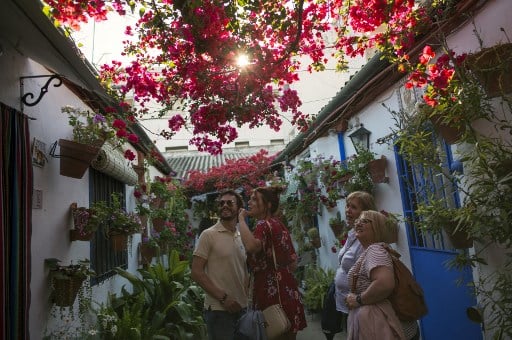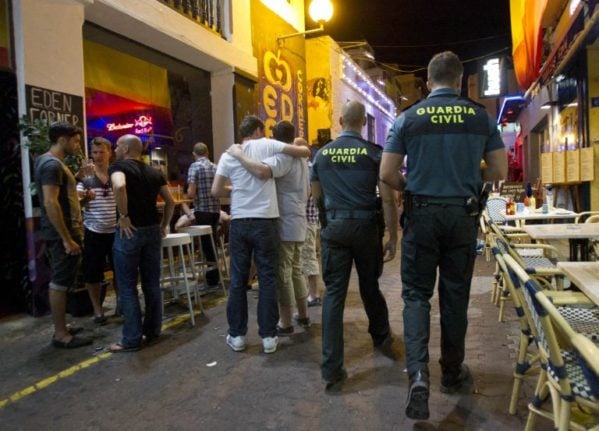Semana Santa (Holy week), April 10th – 17th 2022
Easter week is one of the year’s biggest celebrations in Spain, where towns and cities stage processions and passion plays to reenact the last days of Jesus and his resurrection on Easter Sunday.
Andalusia is home to some of the biggest and most elaborate processions, but wherever you are in Spain, there will be plenty going on for Semana Santa.

Photo: moof/Flickr

Photo: adriagarcia/Flickr

Photo: Pug Girl/Flickr

Photo: Pilar/Flickr


Photo: Jose Aleman Asensi/Flickr

Photo: Sortware/Flickr

A griffon vulture posing at the Monfragüe National Park. Photo: Vince Smith / Flickr
If you love nature and feel happiest with a pair of binoculars hanging from your neck then Easter week is one of the best times to consider a birdwatching trip. Whether it’s a trip to Extremadura’s Monfragüe, home to the biggest colony of Black Vulture and Spanish Imperial Eagle in the entire world or the wetlands of Donaña with over 300 bird species, you won’t be disappointed.
If theme parks and fast cars are your thing…

Photo: ParkAventura
Ferrari Land, an adventure park in Catalonia based on the high end Italian sports car brand promises thrill seekers the ride of a lifetime on the highest and fastest rollercoaster in Europe.
A race track, Formula 1 simulators, and replicas of Rome’s Colosseum, La Scala opera house in Milan, Piazza San Marco in Venice and the Palazzo Vecchio in Florence, the theme park also includes Italian themed restaurants and a building based on the real factory owned by Enzo Ferrari.
READ ALSO: Road-tripping in Spain: A whistlestop tour of six cities in six days



 Please whitelist us to continue reading.
Please whitelist us to continue reading.
Member comments